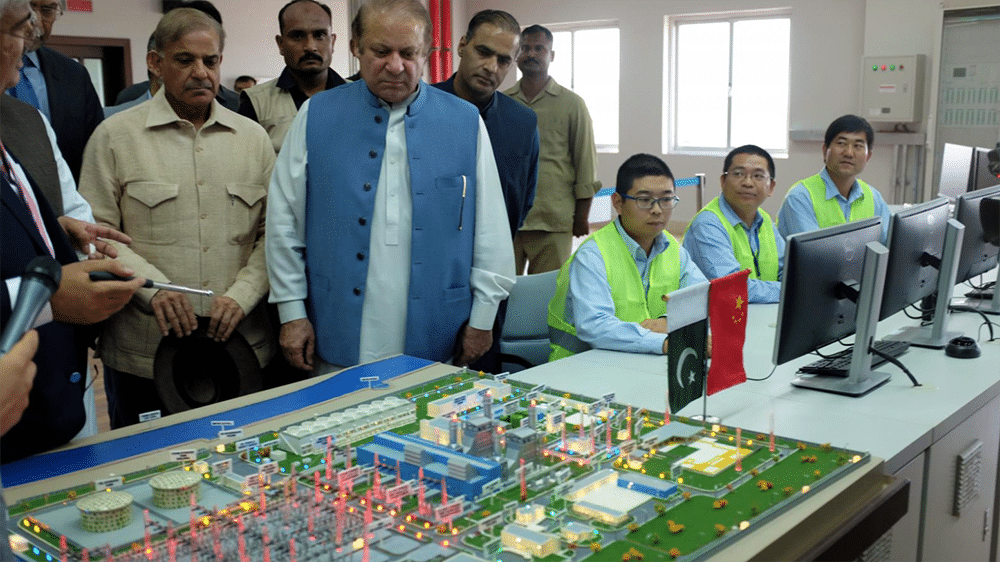Some major problems were discovered in General Electric’s flagship 9HA turbines in Pakistan, which became operational last year.
The 9HA is an air-cooled turbine, which has been highlighted by the Guinness World Records for its record-breaking efficiency. However, the 9HA wind turbines that were installed in Pakistan are not performing optimally.
Hot Climate Conditions Decrease Energy Output
Although no design flaws in the 9HA turbine were found, the third quarter results for GE’s turbines show that they are operating below half their maximum capacity. Chief Executive GE John Flannery said they were “horrible”.
One possible suggested reason for the drop in efficiency is Pakistan’s climate as the problems became more evident during the summer months when temperatures rose above 40°C.
By August, the turbines’ output had improved to half their maximum capacity in the Haveli, Bhikki and Balloki plants. As the temperatures fell more, results improved further. The yield, however, was still nowhere near what was expected.
Pakistan’s Desperate Energy Needs
The rising energy needs of Pakistan’s population and its rapidly-developing infrastructure have attracted power companies and turbine developers.
America’s GE, Japan’s Mitsubishi-Hitachi joint venture and Germany’s Siemens, all bid for installing air-cooled turbines.
Ultimately, GE scored the contract for installing turbines at the Haveli, Bhikki and Balloki plants back in 2013 in Pakistan. It secured the contract for 6 turbines, since GE offered the lowest priced deal per megawatt of capacity amongst them all.
Turbines were installed for generating 800 MW per plant (in simple cycle mode) in spring 2017. They could later on be upgraded for 1200 MW (in combined cycle mode) output by August.
The delivery of these turbines was delayed by three months, however, due to “further testing” needs.
Attempts Made for Installing Functional Turbines
In May, a combustion leak at a turbine in the Bhikki plant caused damage. Due to this, parts of this turbine, as well as five others, were sent to France for repairs.
The damage meant that work on the entire plant was affected. At this time, the other two plants were not yet active as well.
When they did become active, however, a turbine failure at Haveli caused further crisis. Moreover, using generators and lubricants to restart the turbine made matters worse and resulted in a loss of $33 million.
GE Loses Credibility with Pakistan
As it happens, Pakistan was rather hopeful of resolving its energy crisis with the help of these three plants in Punjab before the upcoming 2018 elections.
Delays and crashes in turbines, even though they were compensated by GE, put the energy company in a bad light.
One official revealed that GE had lost credibility with the government.
GE, however, has announced that the performance of HA plants will surely improve, as they are working well at low temperatures.
Pakistan expects a resolution of these issues before next summer.
via Reuters


























Its not a wind turbine. Its a gas turbine. Kindly change the post main heading!
How ironic. Both things are miles apart. Thankyou for pointing out.